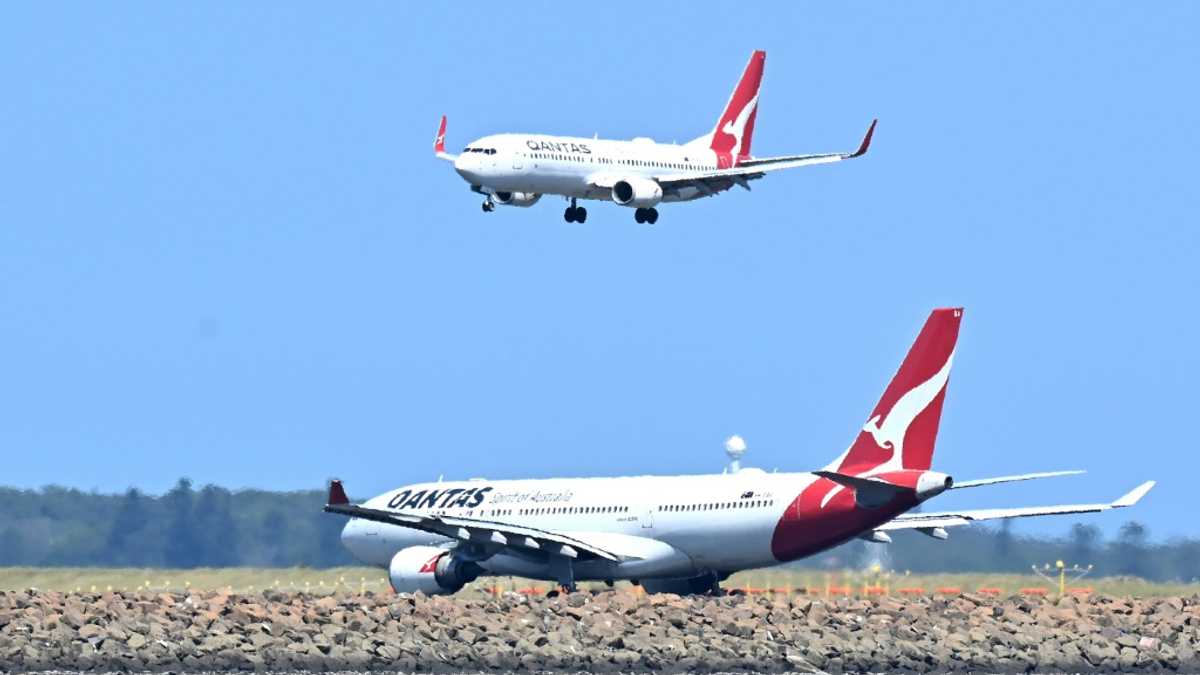
Major Cyberattack Hits Qantas, Exposing Data of 6 Million Customers
Australian airline Qantas has confirmed that it is investigating a significant cyberattack that compromised the personal data of approximately six million customers. The breach occurred when hackers targeted one of the company’s customer contact centers, gaining access to a system used by a third-party provider. This incident has raised concerns about the security of sensitive information and the broader implications for consumer privacy.
According to Qantas, the affected system contained customer names, email addresses, phone numbers, and birthdays. However, the airline emphasized that credit card details and passport numbers were not stored in the breached system. Despite this, the company acknowledged that the scale of the breach could be substantial, as the platform housed service records for all six million customers.
“We are continuing to investigate the proportion of the data that has been stolen, though we expect it will be significant,” Qantas stated in a public statement. The airline also assured customers that there was no impact on its operations or the safety of passengers.
Vanessa Hudson, CEO of Qantas, expressed deep concern over the incident. “We sincerely apologise to our customers and we recognise the uncertainty this will cause,” she said. She added that the company takes the responsibility of safeguarding customer information seriously and has already notified Australia's National Cyber Security Coordinator.
The breach has sparked discussions among cybersecurity experts about the potential misuse of the stolen data. Christopher Bronk, a cybersecurity expert from the University of Adelaide, warned that the exposed information could be used for identity theft. “The stolen customer data has a value in its capacity for resale among criminal actors interested in perpetrating computer-enabled fraud and gaining access to the victims' other online accounts,” he explained.
This incident is part of a growing trend of cyberattacks targeting Australian organizations. Over the past few years, several high-profile breaches have highlighted vulnerabilities in data protection measures. Rumpa Dasgupta, a cybersecurity expert from La Trobe University, pointed out that these recurring attacks demonstrate a lack of attention to cybersecurity within many organizations. “It must be treated with the utmost importance,” she said.
Qantas itself has faced similar issues in the past. In 2024, the airline apologized after a glitch with its mobile app exposed some passengers’ names and travel details. Earlier, in 2023, major ports handling 40% of Australia’s freight trade were forced to halt operations after hackers infiltrated computers belonging to DP World. In 2022, Russia-based hackers breached one of Australia’s largest private health insurers, exposing the data of more than nine million current and former customers. That same year, telecom company Optus suffered a data breach affecting up to 9.8 million people.
These incidents underscore the urgent need for stronger cybersecurity measures across industries. As digital threats continue to evolve, organizations must prioritize protecting customer data and maintaining trust. For now, Qantas is working closely with authorities to address the breach and prevent future incidents.
Post a Comment